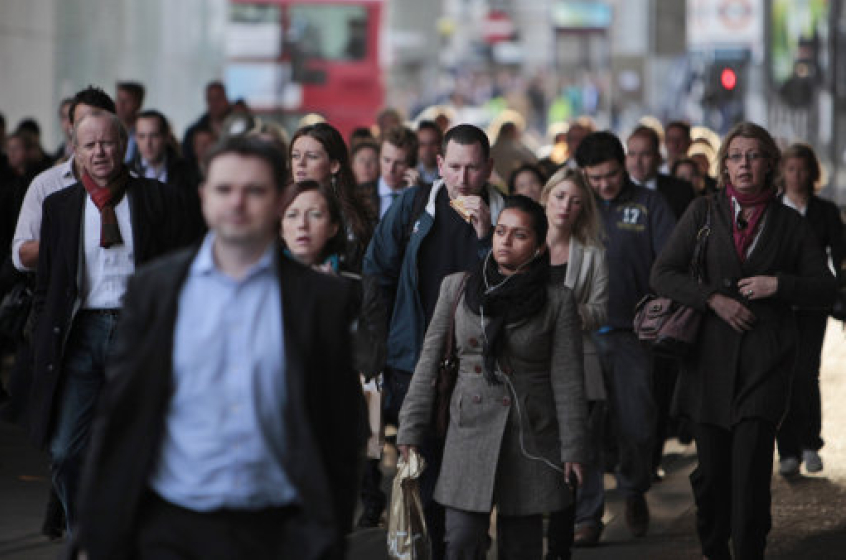
Churches say the benefit cuts coming into place today are "unjust" and hit the poorest hardest.
The changes include the introduction of the so-called 'Bedroom Tax', which will mean cuts to housing benefit for some social housing tenants with a spare room. Around a third of families in social housing will be affected by the change.
The uprating of working-age benefits and tax credits at around a third of the rate of inflation will mean a real-term cut in payments, affecting especially those on the minimum wage and people out of work.
The Government hopes to make savings of 20% by replacing the Disability Living Allowance with the Personal Independence Payment.
The total benefit cap will see an average cut of around £93 and affect poor children "disproportionately", the Churches said.
The warning has come from the Baptist Union of Great Britain, the Methodist Church, the United Reformed Church and the Church of Scotland, who say that the most vulnerable are paying a "disproportionate price" in the Government's austerity measures.
They also accuse the media of misrepresenting benefit recipients and those in poverty in the interests of justifying spending cuts.
"These cuts make April fools of us all," said Paul Morrison, Methodist Public Issues Policy Adviser. "We are witnessing what happens when we create a culture that blames poor people for their poverty.
"It is a lie to say that most people on benefits are lazy, that they have an easy life or that they are responsible for the nation's financial deficit. When people are willing to believe those lies, poor families pay the highest price."
"Some families will experience the effects of more than one of these measures," added Mr Morrison. "It is worrying that there are no Government estimates for the number of people who may be affected by two or three of these cuts at once."
A joint report has been sent to every MP and MSP in which the Churches accuse politicians and the media of misusing statistics and challenge the assumption that poor people are to blame for their poverty.
People are being encouraged to write to their parliamentary representative asking how they will be using the information to better inform policy-making.
Mr Morrison said the problem of myths was not only related to politicians and the media.
"When ordinary people allow myths about poverty to go unchallenged, whether it's in the pub or the newspapers, we all become complicit in a great injustice," he said.













